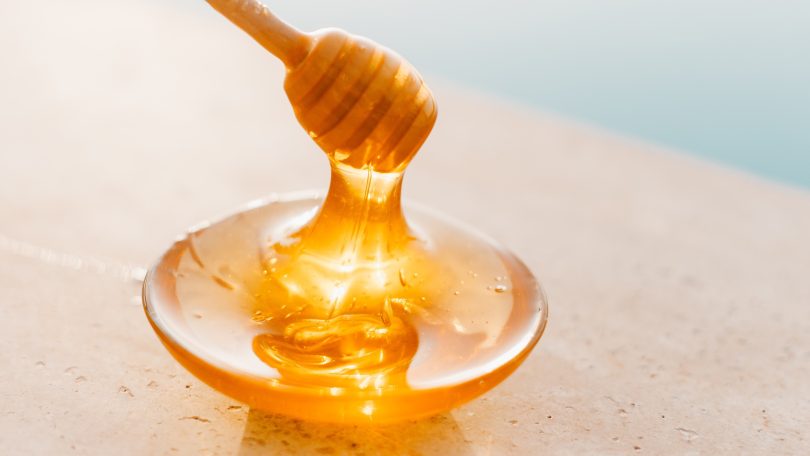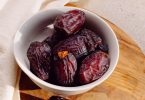Introduction:
Muscle recovery plays a crucial role in optimizing athletic performance and minimizing the risk of injuries. While there are various strategies to enhance recovery, one natural and often overlooked option is honey. In this article “Boosting Your Muscle Recovery with Honey”, we will explore the evidence-based insights on how honey can boost your muscle recovery and provide you with actionable steps to incorporate it into your post-workout routine.
-
The Nutritional Composition of Honey:
- Rich in carbohydrates: Honey contains a blend of natural sugars, predominantly fructose and glucose, which serve as readily available energy sources for muscle replenishment.
- Essential vitamins and minerals: Honey provides small amounts of essential nutrients like vitamin C, calcium, potassium, and magnesium, which contribute to overall muscle health and recovery.
-
Antioxidant and Anti-inflammatory Properties:
- Polyphenols and flavonoids: Honey is packed with antioxidants that combat oxidative stress caused by intense exercise, reducing muscle damage and inflammation.
- Enzymes and phytonutrients: These bioactive compounds found in honey help modulate the body’s inflammatory response, aiding in faster recovery and reduced soreness.
-
Glycemic Index and Muscle Glycogen Restoration:
- Moderate glycemic index (GI): Honey has a moderate GI, which means it releases glucose gradually into the bloodstream, providing sustained energy for muscle recovery.
- Muscle glycogen replenishment: The combination of carbohydrates and antioxidants in honey supports efficient glycogen resynthesis, crucial for restoring muscle energy stores after intense exercise.
-
Enhanced Protein Synthesis:
- Honey and amino acids: Honey contains small amounts of amino acids, the building blocks of protein synthesis. Combined with protein-rich foods, honey can aid in muscle repair and growth.
- Growth factors: Certain varieties of honey, such as Manuka honey, possess growth factors that stimulate tissue regeneration, promoting faster muscle recovery.
-
Hydration and Electrolyte Balance:
- Natural electrolytes: Honey contains trace amounts of electrolytes like potassium and sodium, which aid in rehydration and electrolyte balance after a workout.
- Hydration benefits: The presence of sugars in honey enhances water absorption, helping to maintain optimal hydration levels during exercise and recovery.

Photo by Abdulrhman Alkady: https://www.pexels.com/photo/milk-and-honey-on-wooden-tray-3772492/
-
Honey as a Natural Wound Healer:
- Topical application: Honey has been used for centuries as a natural wound healer due to its antibacterial and anti-inflammatory properties. Applying honey to muscle strains or minor injuries can promote faster healing and reduce the risk of infection.
-
Honey for Better Sleep and Recovery:
- Natural sleep aid: Consuming honey before bed can improve sleep quality, which is crucial for muscle recovery. Honey promotes the release of serotonin, which converts to melatonin, a hormone that regulates sleep-wake cycles.
- Muscle repair during sleep: During sleep, the body engages in tissue repair and growth. The nutrients in honey support this process, aiding in overnight muscle recovery.
-
Combining Honey with Other Recovery Strategies:
- Synergistic effects: Combining honey with other recovery strategies, such as adequate rest, stretching, and foam rolling, can amplify the benefits and accelerate muscle recovery.
- Probiotics and honey: Pairing honey with probiotic-rich foods, such as yogurt, can support gut health. A healthy gut microbiome positively influences overall recovery and nutrient absorption.
-
Choosing the Right Type of Honey:
- Raw and unprocessed honey: Opt for raw and unprocessed honey whenever possible. These varieties retain more of their natural nutrients and bioactive compounds, maximizing their benefits for muscle recovery.
- Manuka honey: Manuka honey, derived from the Manuka plant in New Zealand, is renowned for its exceptional antibacterial properties and high levels of methylglyoxal (MGO). Consider using Manuka honey for enhanced muscle recovery benefits.
-
Allergies and Precautions:
- Allergy considerations: While rare, some individuals may have allergies or sensitivities to honey. If you have a known allergy to bees or pollen, it’s important to exercise caution when consuming or using honey.
- Monitoring sugar intake: Honey is a natural sweetener, but it is still high in sugar. Individuals with diabetes or those closely monitoring their sugar intake should consult a healthcare professional before incorporating honey into their diet.
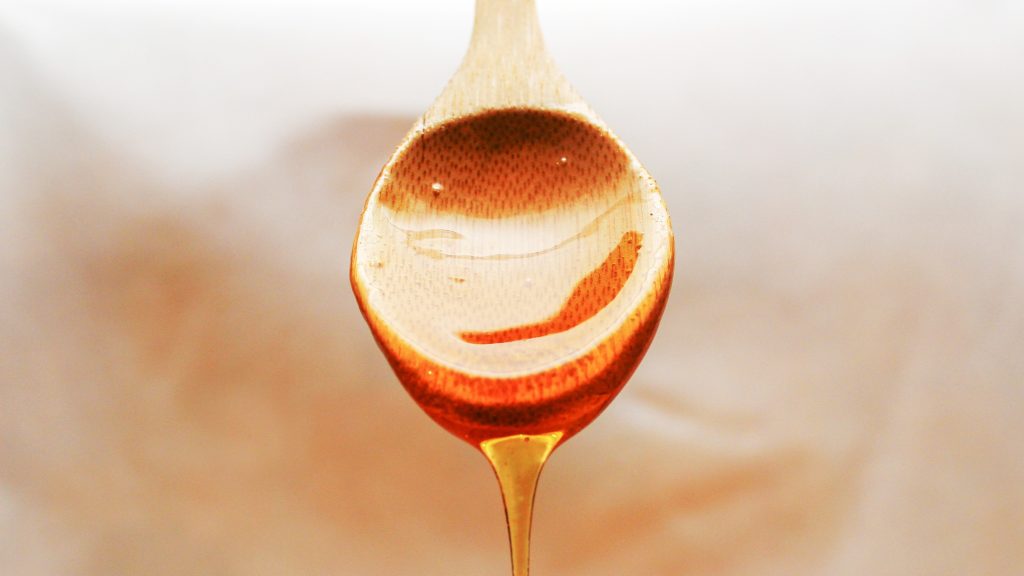
Image by Pixabay: https://www.pexels.com/photo/blur-close-up-flowing-focus-315420/
-
Honey as a Natural Anti-Cramp Remedy:
- Muscle cramp prevention: Honey’s potassium content helps prevent muscle cramps by balancing electrolyte levels in the body. Consuming honey before or after a workout can reduce the likelihood of cramps and muscle spasms.
-
Honey and Joint Health:
- Anti-inflammatory effects: The anti-inflammatory properties of honey extend to joint health. Regular consumption of honey can help alleviate joint inflammation and discomfort, supporting overall muscle recovery.
-
Honey and Immune System Support:
- Boosting the immune system: Honey’s antioxidants, vitamins, and minerals contribute to a strong immune system. A robust immune system aids in faster recovery from muscle damage and minimizes the risk of infections.
-
Honey for Mental Recovery:
- Stress reduction: Honey contains phytonutrients that have a calming effect on the nervous system, reducing stress levels. This mental recovery can positively impact overall muscle recovery and performance.
-
Honey and Long-Term Performance:
- Sustainable energy source: The carbohydrates in honey provide a sustainable energy source for prolonged exercise, making it beneficial for endurance athletes. By fueling with honey, athletes can sustain their performance and recover more effectively.
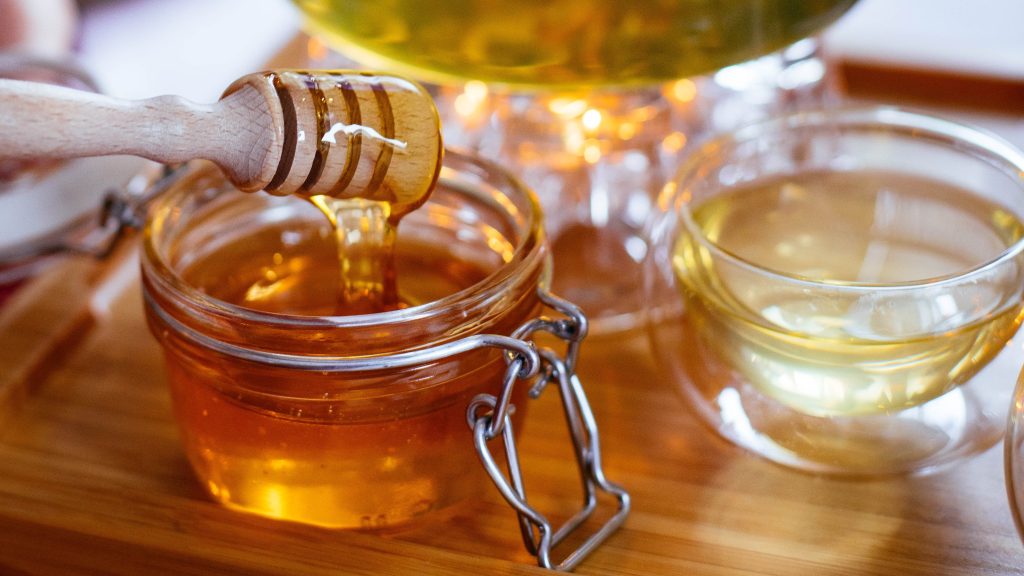
Photo by Valeria Boltneva: https://www.pexels.com/photo/clear-glass-tea-set-with-honey-1872904/
-
Honey as a Source of B Vitamins:
- B vitamin content: Honey contains several B vitamins, including B6, thiamin, riboflavin, and pantothenic acid. These vitamins play a vital role in energy production and contribute to overall muscle recovery.
-
Honey and Exercise-Induced Oxidative Stress:
- Counteracting oxidative stress: Intense exercise can lead to an increase in oxidative stress in the body. Honey’s antioxidant properties help counteract this stress, reducing muscle damage and promoting recovery.
-
Honey for Gut Health:
- Prebiotic properties: Honey acts as a prebiotic, promoting the growth of beneficial gut bacteria. A healthy gut microbiome supports digestion, nutrient absorption, and overall well-being, which can aid in muscle recovery.
-
Honey and Collagen Synthesis:
- Collagen support: Honey contains nutrients that support collagen synthesis, such as vitamin C and antioxidants. Collagen is essential for connective tissue health and plays a crucial role in muscle recovery.
-
Timing and Amount of Honey Consumption:
- Pre-workout timing: Consuming honey 30 minutes before a workout can provide a quick energy boost to enhance performance and support muscle recovery.
- Post-workout dosage: Consuming 1-2 tablespoons of honey post-workout, combined with other nutrients, can aid in glycogen replenishment and muscle repair.
-
Honey and Muscle Protein Breakdown:
- Anti-catabolic effects: The amino acids and antioxidants in honey can help reduce muscle protein breakdown, preserving muscle mass and aiding in recovery after intense exercise.
-
Honey for Muscle Regeneration and Repair:
- Cellular regeneration: Honey’s bioactive compounds, such as phenols, promote cell regeneration, which is crucial for repairing damaged muscle fibers and accelerating recovery.
-
Honey as a Natural Source of Energy:
- Sustained energy release: The natural sugars in honey provide a steady release of energy during exercise, supporting prolonged endurance and preventing muscle fatigue.
-
Honey as a Natural Alternative to Sports Drinks:
- Electrolyte replacement: Honey, when combined with water and a pinch of salt, can serve as a natural alternative to commercial sports drinks, providing hydration and electrolyte replenishment.
-
Honey as a Versatile Ingredient in Recovery Recipes:
- Honey-infused recipes: Get creative with incorporating honey into recovery recipes such as smoothies, marinades, salad dressings, and energy bars. This allows you to enjoy the benefits of honey while diversifying your post-workout meals.
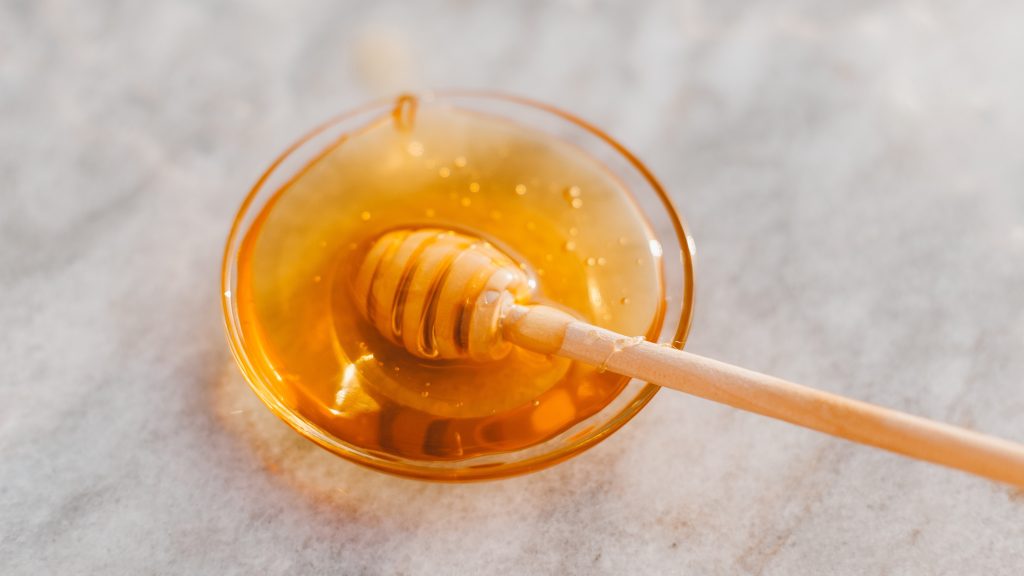
Image by ROMAN ODINTSOV: https://www.pexels.com/photo/spoon-of-honey-6422029/
Conclusion:
Incorporating honey into your post-workout routine can significantly boost muscle recovery based on the evidence-based insights discussed in this article. Honey’s nutritional composition, antioxidant and anti-inflammatory properties, glycemic index, and ability to enhance protein synthesis make it a valuable addition to support muscle repair and replenishment. Moreover, honey offers benefits beyond physical recovery, such as promoting better sleep, supporting joint health, and bolstering the immune system.
By consuming honey strategically before and after workouts, incorporating it into recovery snacks and meals, and exploring its topical applications, you can harness its natural healing properties. Remember to choose raw and unprocessed honey or consider specialized varieties like Manuka honey for optimal benefits. However, it’s important to maintain a balanced approach and consult a healthcare professional, particularly if you have any allergies or medical conditions.
Furthermore, integrating honey with other recovery strategies, focusing on timing and dosage, and experimenting with honey-infused recipes can help you maximize its potential in promoting muscle recovery and overall athletic performance.
While honey can be a valuable tool in your muscle recovery journey, it’s important to combine it with other healthy habits such as adequate rest, hydration, and a balanced diet. Each person’s body and needs are unique, so listen to your body and adjust your approach accordingly.
In conclusion, harnessing the power of honey as a natural and evidence-based aid for muscle recovery can optimize your athletic performance, reduce post-workout soreness, and promote overall well-being. Embrace the sweet benefits of honey and unlock its potential for enhancing your muscle recovery journey.
Keywords:
Muscle recovery, honey, evidence-based insights, nutritional composition, antioxidants, anti-inflammatory, glycemic index, protein synthesis, hydration, wound healing, joint health, immune system support, B vitamins, oxidative stress, gut health, collagen synthesis, timing, dosage, energy source, electrolyte replacement, versatile ingredient, conclusion
For more please Click Here.


